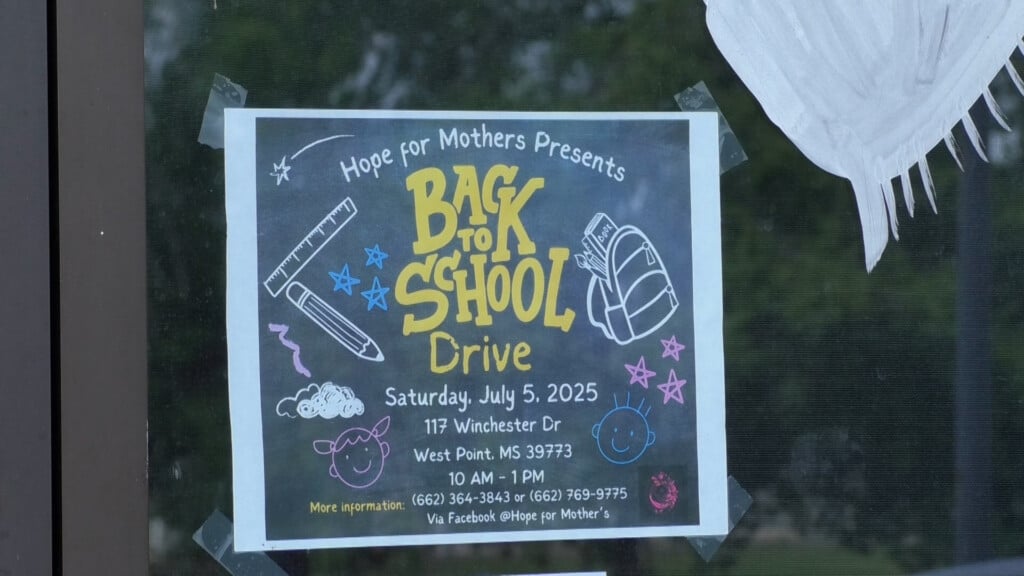Recent meth bill died in committee
Recen
WEBSTER COUNTY, Miss. (WCBI) – A recent Mississippi Senate bill on Methamphetamine died in committee this week.
In February, Senate Bill 23-47, which would have changed the penalties for possession of Methamphetamine passed the Mississippi Senate.
In place of higher fines or longer jail sentences, individuals arrested with small amounts of the drug would be assessed for or required to undergo rehabilitation.
The Mississippi House of Representatives was less receptive. On Tuesday, March 4, the bill died in committee.
Last week, WCBI spoke with Webster County Sheriff David Gore about his response to the bill.
WCBI followed up with him on Thursday, March 6, to see how he felt about the bill’s fate.
“This would have been a disaster for us, but it’s been a huge thing for this thing to die, and I want to thank the members of the Mississippi House that allowed it to do so,” said Gore.
He was alarmed when the bill first passed because of the effect he believed it would have on the community.
The bill would have also changed the amount of the drug considered a felony.
“When you take law enforcements tools away, you know the things that you’re going to start seeing. You’re going to see more drug usage. You’re going to see crime go up, burglaries. You’re going to see domestic violence go up. You’re going to see all of the above go up because it is such a factor,” said Gore.
Webster County is smaller and more rural than some, and Gore said he typically deals with smaller possessions of meth.
The bill would have had a direct impact because possession of one gram or less of meth would have been reduced to a misdemeanor.
“If the rehabilitation works, I’m good with it, but there is so much out there that doesn’t work with methamphetamine. It’s a different drug than narcotics, opioids or alcohol,” said Gore.
Though rehab can be beneficial, Gore hopes they find a stronger method of tackling the problem.
According to the American Addiction Centers, individuals who use methamphetamine are often at a greater risk of accidents or becoming involved in assaults that lead to traumatic brain injuries.




